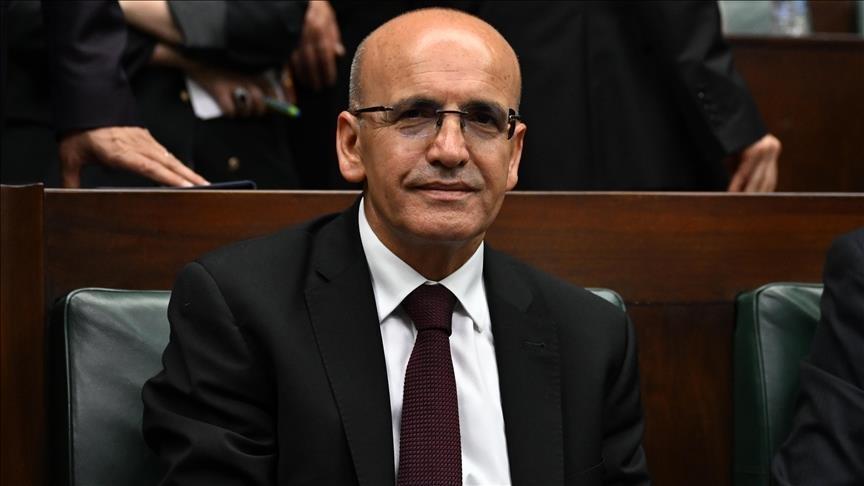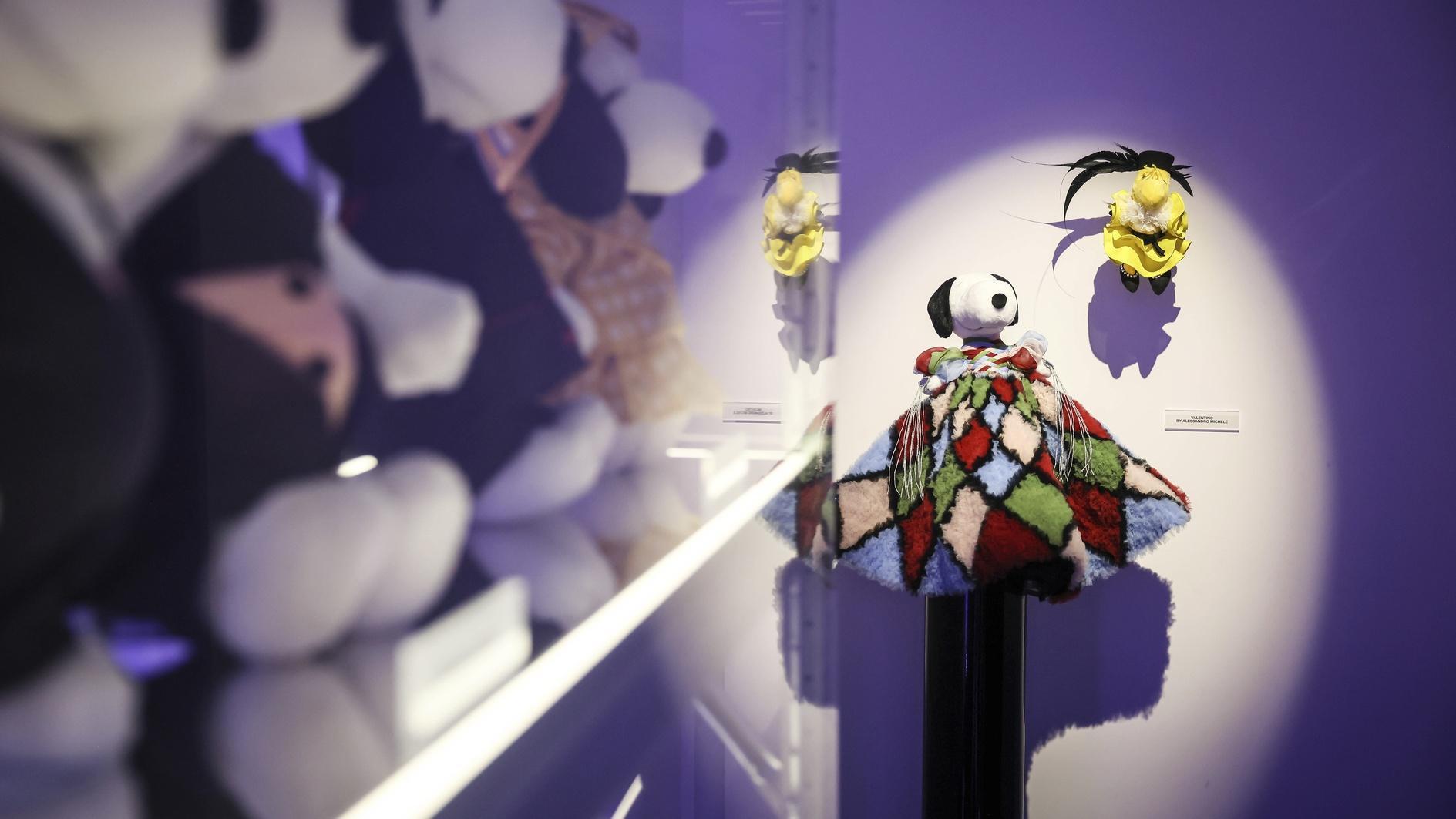2012 scenarios coming out of Davos
After returning from the famous mountain resort of Davos, where I attended the 42nd World Economic Forum (WEF), I have been asked many questions along the basic lines of: “What is the round up after the five days?”
Before the round up, I want to mention an e-mail I received from Professor Cezmi Akdiş, Director of Swiss Institute of Allergy and Asthma Research (SIAF), who I met four or five years ago in Davos.
Akdiş who has also been presiding over the European Academy of Allergy Clinical Immunology (EAACI) for two years, said to me: “There is a wrong perception that Davos is made up of only the World Economic Forum.” Davos hosts three institutions, all leaders in their own fields, other than the Swiss Institute of Allergy and Asthma Research he is directing. They are namely the Physical Meteorological Observatory of Davos (PMOD), the Institute for Snow and Avalanche Research (SLF) and the AO Research Institute Davos (ARI).
Professor Akdiş said, “Apart from these institutions, Thomas Mann, Sherlock Holmes’ creator Arthur Conan Doyle and the author of Treasure Island, Robert Louis Stevenson, all lived in Davos, and were inspired by this mountain town.”
Now, let’s look at the outcome of Davos this year.
Let me say it all at once. From the United States to China, everyone’s eyes are on the euro area of the European Union. Of course, they are also on Turkey’s economy.
As Deputy Prime Minister Ali Babacan, who had an extremely intense schedule at this year’s Davos, said in the session on the growth of developing countries: the 4 percent growth that Turkey forecasts for 2012 is closely related to the situation in Europe.
According to Babacan, if things go wrong in the euro area then Turkey will have difficulty achieving that 4 percent growth.
China, despite its 9 percent growth forecast for the year 2012 is another country watching the developments in the EU with concern. As long as the EU economy is shrinking, there will be restrictions for Chinese goods.
On the other hand, the pessimistic clouds in Europe prevent Chinese investors from investing in the old continent.
In one of the sessions, I personally witnessed a Chinese investor sitting next to me say: “Europe is not embracing us anymore like it used to.”
In the session in which the United States Secretary of the Treasury Timothy Geithner announced that the United States was growing at 2-3 percent this year, he also added the Unites States economy was still facing big challenges to repair the damage wrought by the financial crisis.
Due to the crisis in the euro area, countries are far from being sure of their growth rates. This is the most important outcome from Davos.
Well, what are the priorities of the business world for 2012?
Paul Polman heading Unilever and Vikram Pandit heading Citigroup are the two CEOs who give the clearest message: “Growth and employment are the priorities of the business world. It is unacceptable that 200 million people cannot enter the workplace,” they said.
One of the hottest debates in the World Economic Forum, the debate on “Is this the end of capitalism?” was concluded by WEF’s CEO Klaus Schwab: “Capitalism, in its current form, no longer fits the world around us. A global transformation is urgently needed and it must start with reinstating a global sense of social responsibility.”
We will see how much is achieved to this end in one year.











